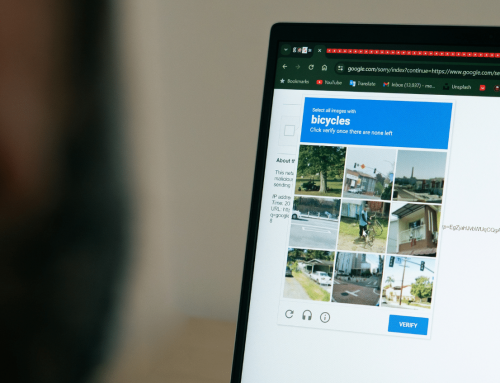Facebook, Twitter, TikTok, Instagram and YouTube are regularly criticized for not taking decisive enough action against harmful content on their platforms. In the UK, a new law is set to make managers of tech companies personally liable in future and threatens them with prison sentences.
The draft of the new Online Security Act was submitted to the legislature for consideration on 17.03.22 and is expected to be passed this year. The law is intended to increase the pressure on internet companies to take proactive and swift action against illegal and harmful content on their platforms. The British media regulatory authority Ofcom will be granted far-reaching powers and can impose substantial fines of up to 10% of global annual turnover, block entire websites and personally prosecute individual managers in the event of non-compliance.
The draft law at a glance
There is a particular focus on content that promotes terrorism, suicide, revenge pornography and the sexual abuse of children. New aspects have also been added to the original draft from 2019:
- The prosecution of cyber-flashing as a criminal offense.
- Mandatory age verification for pornographic content.
- Prevention of online fraud.
- The possibility and right of appeal if a user believes that their posts have been unjustly removed
- Prosecution is to be possible just two months after entry into force, not after two years as originally planned.
The draft also provides for an extension to legal but potentially harmful content. What exactly this harmful content is is to be defined later. According to the DCMS(Department for Digital, Culture, Media and Sport), news content and journalistic reporting are to be excluded from the regulations
Companies must cooperate
However, it is not only non-compliance with the requirements that could have serious consequences in future; companies will be obliged to cooperate with the supervisory authority when the law comes into force. Ofcom would then be given far-reaching powers, could demand access to business premises and inspect data and equipment to preserve evidence. Ofcom would also have to be granted insight into the algorithms that are decisive for the display of content. Making false statements, destroying evidence and obstructing the authority would also be punishable by law.
British online safety law to set global standard
In a press release, the DCMS speaks of a "milestone" in the fight for a digital age that is safer for users and in which technology companies must take more responsibility. And Ben Packer, partner at law firm Linklaters, even sees the possibility of a pioneering role. "The UK government certainly hopes that the Online Safety Act will set a global standard," Packer said in a statement. "With many platforms around the world looking to maintain a broadly consistent user experience, this may eventually be the case."







